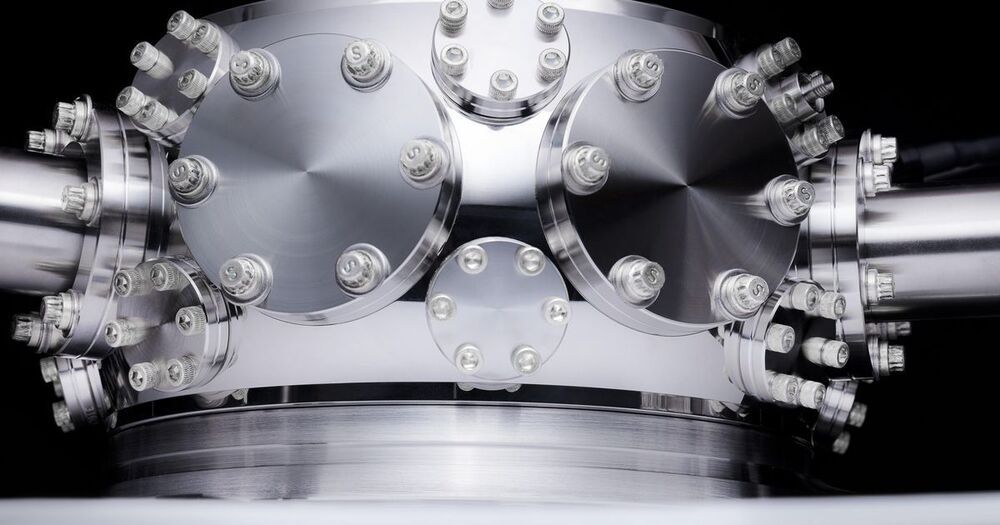Astronomers have found the first Jupiter-like exoplanet with no clouds or haze. It’s an ideal object for further study with the James Webb Space Telescope.
Can you picture Jupiter without any observable clouds or haze? It isn’t easy since Jupiter’s latitudinal cloud bands and its Great Red Spot are iconic visual features in our Solar System. Those features are caused by upswelling and descending gas, mostly ammonia. After Saturn’s rings, Jupiter’s cloud forms are probably the most recognizable feature in the Solar System.
Now astronomers with the Center for Astrophysics | Harvard & Smithsonian (CfA) have found a planet similar in mass to Jupiter, but with a cloud-free atmosphere.







